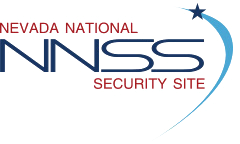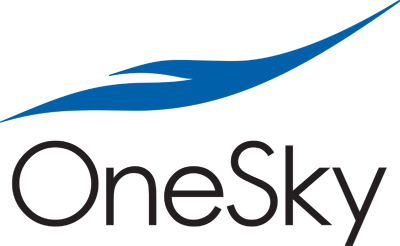Research Projects in Data-Enabled Industrial Mathematics
ERAU Research Experience for Undergraduates

Summer 2022 REU
INDUSTRIAL PARTNERS

|

|
| Nevada National Security Site, Las Vegas, NV | Pacific Northwest National Laboratory, Richland, WA |
Projects
Quantifying Uncertainty in Ensemble Deep Learning
Industrial Sponsor: Nevada National Security Site, Las Vegas, NV
Description and resultsStudents: Max Prilutsky (‘22) San Diego State University - Applied Mathematics Emily Diegel ('24) DB BS Computational Mathematic Rhiannon Hicks ('24) DB BS Astronomy & Astrophysics Rachel Swan ('25) DB BS Computational Mathematic Description: The Computing & Data Science Group at the Nevada National Security Site (NNSS) is pleased to partner with Research Experience for Undergraduates (REU) students at Embry-Riddle Aeronautical University (ERAU) to develop methods for quantifying uncertainty in neural networks to help improve network interpretability and correctness, using publicly available datasets. Neural networks are an emerging topic in the data science industry due to their high versatility and efficiency with large data sets. The purpose of this modern machine learning technique is to recognize relationships and patterns in vast amounts of data that would not be explored otherwise. Past research has utilized machine learning on experimental data in the material sciences and chemistry field to predict properties of metal oxides. Neural networks can determine underlying optical properties in complex images of metal oxides and capture essential features which are unrecognizable by observation. However, neural networks are often referred to as a “black box algorithm” due to the underlying process during the training of the model. The explanation for a prediction is unable to be traced, therefore poses a concern on how robust and reliable the prediction model actually is. Building ensemble neural networks allows for the analysis of the error bars of the prediction model. The project’s objective is to determine the comparative differences between the predictive ability of each individual neural network versus the ensemble neural network. Additionally, the paper explores how to use the ensemble model as a method of uncertainty quantification. Overall, ensemble neural networks outperform singular networks and demonstrate areas of uncertainty and robustness in the model. Major outcomes:
|
Non-negative Matrix Factorization Approach to
Computing “Fingerprints” in Spectra of Nuclear Materials
Industrial Sponsor: Pacific Northwest National Laboratory, Richland, WA
Description and resultsStudents: ERAU REU: Research Projects in Data-Enabled Industrial Mathematics (Summer 2022) Zachariah Kline ('23) Wisconsin Lutheran College - Mathematics and Computer Science Emily Armstrong ('23) Assumption University - Mathematics Jensen Bridges ('24) Oklahoma State University - Mathematics and Statistics Zoe Friedman ('23) Illinois State University - Mathematics Jacob Antici ('24) Arkansas State University - Mathematics Kian Greene ('24) ERAU - Astronomy & Astrophysics and Computational Mathematics Description: Pacific Northwest National Laboratory is enthusiastic to collaborate with students participating in the Embry-Riddle Aeronautical University Research Experience for Undergraduates (REU) on a research project focused on developing novel analytics approaches to analyzing signatures of nuclear materials. Optical spectroscopy is an approach that is used to perform real-time monitoring of nuclear materials production systems, and, in this project, we will partner to develop new computational techniques for characterizing varying levels of plutonium in different concentrations of nitric acid. Principal component analysis (PCA) is a method that is currently used, and the primary goals are to extend current PCA results to non-negative matrix factorization, which is tailored specifically to non-negative mixtures of elements. Major outcomes:
|
Students
 |
 |
 |
| Emily Armstrong ('23) Assumption University Mathematics | Jensen Bridges ('24) Oklahoma State UniversityMathematics and Statistics | Zoe Friedman ('23) Illinois State UniversityMathematics |
 |
 |
 |
| Jacob Antici ('24) Arkansas State University Mathematics | Max Prilutsky (‘22) San Diego State University Applied Mathematics | Zachariah Kline ('23) Wisconsin Lutheran College Mathematics and Computer Science |
 |
 |
 |
| Emily Diegel ('24) ERAU Computational Mathematics | Rhiannon Hicks ('24) ERAU Astronomy & Astrophysics | Rachel Swan ('25) ERAU Computational Mathematics |
 |
||
| Kian Greene ('24) ERAU Computational Mathematics + Astronomy & Astrophysics |
CONTACT INFORMATION
Please contact REU site coordinator Dr. Berezovski at berezovm@erau.edu for any inquiry about REU Site and application process.


